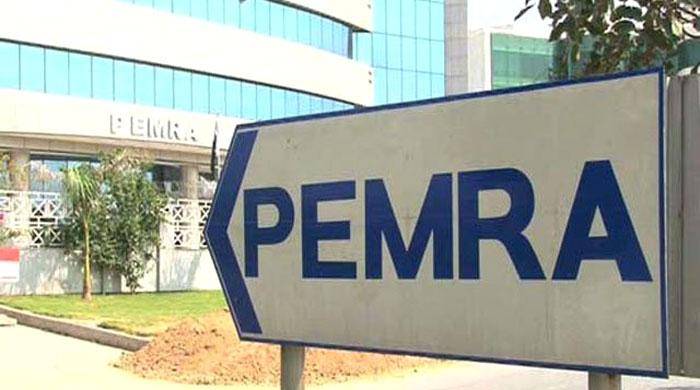Once the main participants have had their fill, a host of smaller parties have swopped in to nibble at the Panama carcass before it is left behind by the media cycle. Several petitions have been filed in courts across Pakistan regarding the content of the final verdict and the ancillary matters surrounding the trial itself; the most recent being a petition filed in the Lahore High Court asking it to direct Pakistan Electronic Media Regulatory Authority (PEMRA) to stop all television channels from holding debate on sub judice matters.
This is certainly a worthy notion that needs to be and to a large extent is followed in criminal matters, to stop a media trial while the actual trial is ongoing (sub judice). However, it is not necessary that such a restriction be followed in all cases under consideration and is an impossible one to implement. Applied so strictly and in its idealistic form – as the petition asks – it may in fact hamper free speech and the accountability the media generates.
The notion that the media refrains from holding debate on matters sub judice is primarily present in criminal cases with a very specific reason; that the outcome of the trial not be affected by media coverage as the jurors and the judge might be watching the television too. Coupled with this is the idea that since a man is innocent until proven guilty, speculation of his guilt might tarnish his image if he is innocent. However this does not prevent the media from talking about other points of public interest surrounding the case, its implications for public safety and legislation, how a crime falls in a pattern of violence and so on. As a result most jurisdictions prevent the jurors from watching the news instead of preventing the media from talking about legal cases. In Pakistan where cases are tried by trained judges, the LHC petition goes about addressing this problem the wrong way.
In any case the Panama case was a different story altogether. Admittedly the rabid and constant coverage of the hearings and their daily dissection was distasteful, and might have prejudiced many viewers to the result. However, considering a multitude of outlets plying a multitude of biases and opinion this concern balances out. Furthermore this was a case of prime public interest – the ruling party and the Prime Minister’s family was under investigation for tax evasion and corruption. There is nothing more important than that for the public to hear, and an issue that seeps into every walk of life.






